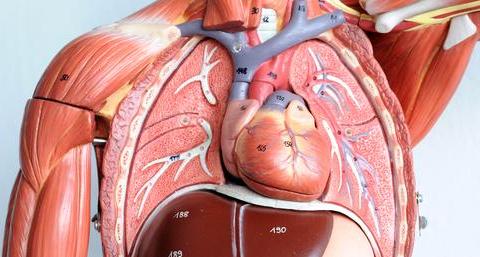Optimism Helps Prevent Heart Disease & Stroke

What’s the Latest Development?
A Harvard meta-analysis of more than 200 studies looking at cardiovascular risks and emotional states has found that traits like optimism, hope and satisfaction with one’s life are linked with a reduction in the risk of heart disease and stroke. “One study last year, for example, looked at 8,000 people and found a lower risk of heart disease among those who reported more happiness or satisfaction in areas like career, sex life and family, but not in areas like romance and standard of living.” The correlation remained stable even after controlling for subjects’ demographic data and health behaviors.
What’s the Big Idea?
Studies such as these, which find links between emotional and physical states, typically face the chicken and egg problem. Does being optimistic protect one’s health or is that people who lead healthy lives, by exercising and eating right, have more reason to feel good about themselves and the world? “While researchers cannot say for sure, some studies have found a protective effect for optimism even after controlling for things like socioeconomic status, body weight and smoking.” Scientists, however, have long known that states like anxiety and depression can worsen the outcome for heart patients.
Photo credit: Shutterstock.com





